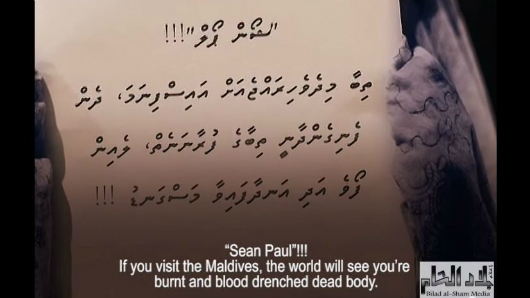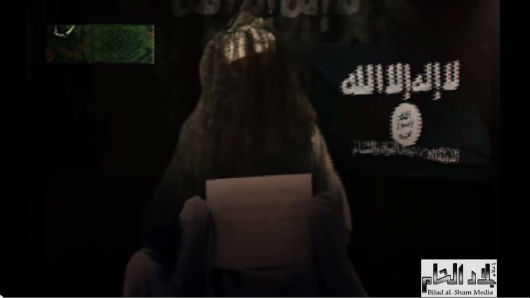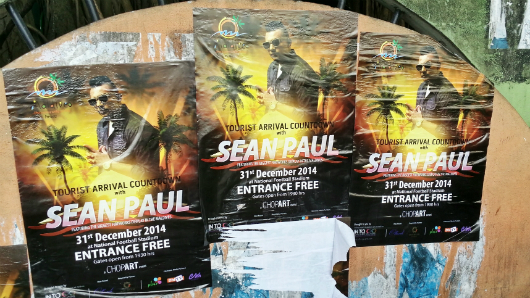Two Maldivians have died in the Syrian civil war this month, according to local media reports.
Abdulla Mohamed Didi, 38, from Addu City, died in a bombing in Syria’s Idlib on March 26, while Ahmed Munsiu, 28, from Fuvahmulah Island, died on March 18 in Syria, Haveeru Daily has reported.
Abdulla reportedly left to Syria via Malaysia three months ago, without informing his family. He was married with three children.
Speaking to Haveeru, Munsiu’s mother Rifath Ahmed said her son had gone to Syria with his wife, Suma Ali on February 22.
Rifath said the couple regularly communicated with her online, but since Munsiu’s death, she has not heard from Suma. However, she has heard Suma was in good health.
In February, local media reported a three-month-old Maldivian baby died in Syria after suffering from respiratory difficulties. The child’s mother attempted to travel back to Malé due to a lack of adequate medical facilities, but was prevented due to lack of cooperation from her husband, local media said.
Since the first reports of Maldivians travelling to ISIS-held territories for jihad surfaced last year, a steady stream of recruits have left the country, including couples and entire families.
The exact number of Maldivians who have traveled abroad for jihad remains unclear, but Commissioner of Police Hussein Waheed in early January estimated over 50 Maldivians could be fighting in foreign civil wars.
Waheed’s comments came after local media reported a dozen had traveled to Syria at the start of January.
Despite assurances that the activities of radicals are being monitored, the group said to have left in early January included a number of individuals known to police.
They included a suspect in the murder of MP Dr Afrasheem Ali, and an individual arrested over the disappearance of Minivan News journalist Ahmed Rilwan.
Since then, on February 1, a former cleric of Malé’s Indhira Gandhi Memorial Hospital and his wife reportedly left to ISIS-held territory in Syria for jihad.
In January, four would-be jihadis were apprehended in Malaysia, with media reporting that they were brought back to the Maldives and released after the authorities seized their passports. A similar group were returned from Sri Lanka in November.
In September 2014, online Jihadist group Bilad Al Sham Media (BASM) claimed four Maldivians had been killed in the Syrian civil war.
A BASM Facebook post that month said two Maldivian men identified as Abu Dujana and Abu Ibrahim had died in battle.
These reports followed similar stories in May 2014 when two Maldivians – who had taken the names of Abu Nuh and Abu Turab – were said to have been killed after travelling to Syria for jihad.
While the group claimed that Abu Dujana was the founder and editor of the BASM page, the group has not provided any information regarding his real identity, stating that this omission was at the request of his mother.
Local media had, however, identified Abu Dujana as Yameen Naeem of Georgia in the Maafannu ward of the capital Malé. It was reported that the man, in his early twenties, travelled to Syria after studying in Egypt.
On August 24, Islamic Minister Dr Mohamed Shaheem Ali Saeed said in a tweet “ISIS is an extremist group. No space will be given for their ideology and activities in the Maldives.” He has since urged Maldivians not to travel abroad for jihad.
Foreign Minister Dunya Maumoon on August 26 issued a press release condemning human rights abuses carried out by the IS and called for the respect of life and dignity in the spirit of Islam.
Subsequently, approximately 200 people carrying the ISIS flags marched in Malé calling for the implementation of the Islamic Shari’ah.
The opposition Maldivian Democratic Party has repeatedly questioned the government’s sincerity, alleging the government had failed to take concrete action against growing radicalism.
 (0)Dislikes
(0)Dislikes (0)
(0)


